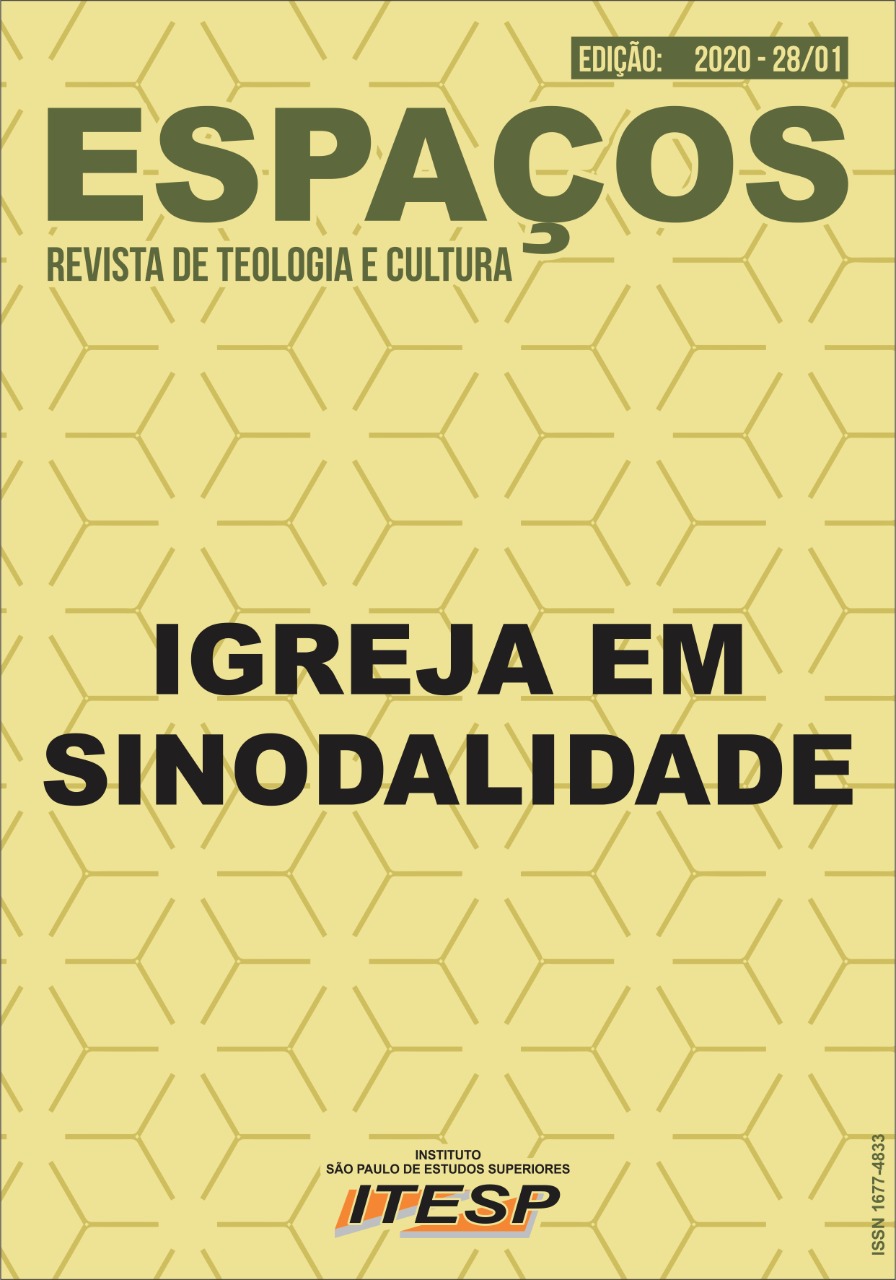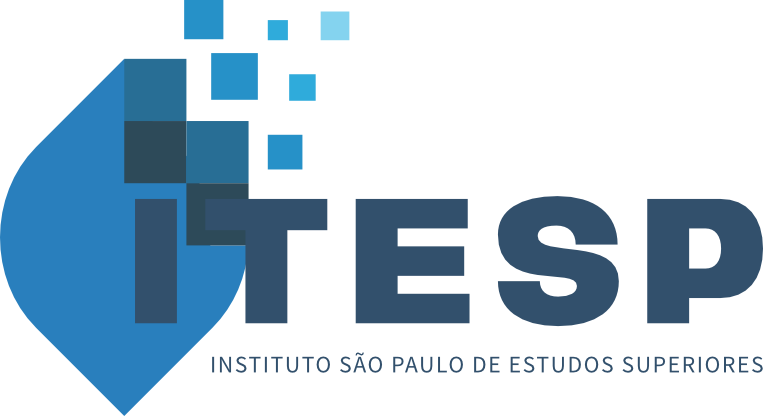Economy as a place of relationship: propositions for a new social path
Keywords:
Economy, Human Person, Systems, Francisco, LasidaAbstract
There is always the possibility of living differently, since changes are inherent to human beings. However, in the case of economic systems, changes demand more. They demand a paradigm shift in the understanding of what economics is and in the centrality that the human occupies in the relationship with the productive forces. It is in this sense and based on the thoughts of Elena Lasida and Pope Francis, the authoress seeks to analyze the following two propositions: the recovery of the human and its relation to economic systems. At first, it presents a reflection on the fundamentals of what economics is. Then, he presents the elements that the Pope presents in his paradigmatic speech given at the II World Meeting of Popular Movements in Bolivia, in 2015; to finally seek the elements of convergence between the two authors.
Downloads
References
AGAMBEM, G. O que é o contemporâneo e outros ensaios. Chapecó: Argos, 2010.
ARENDT, H. Condition de l’homme moderne. Paris: Calmann-Lévy, 1995.
DUPUY, J. P. Le sacrifice et l’envie : le libéralisme aux prises avec la justice sociale. Paris: Calmann-Lévy, 1992.
FRANCISCO. Participação no II Encontro Mundial dos Movimentos Populares. Expo-feira de Santa Cruz de la Sierra (Bolívia), em 9 de julho de 2015. Disponível em: www.vatican.va. Acesso em: 07/04/2020.
FRANCISCO. Carta encíclica Laudato Si, publicada em 24/03/2015. Disponível em: www.vatican.va. Acesso em: 07/04/2020.
GONZÁLEZ BUELTA, B. Tiempo de crear: popularidades evangélicas. Madrid: Sal Terrae, 2009.
LASIDA, E. Le goût de l’autre : la crise, une chance pour réinventer le lien. Paris: Al-bin Michel, 2011.
RICŒUR, P. O si mesmo como outro, São Paulo: Martins Fontes, 2014.
SMITH, A. Théorie des sentiments moraux. Paris: Guillaumin et Cie., 1860.
SMITH, A. Recherche sur la nature et les causes de la richesse des nations. Paris: Gallimard, 1976.




